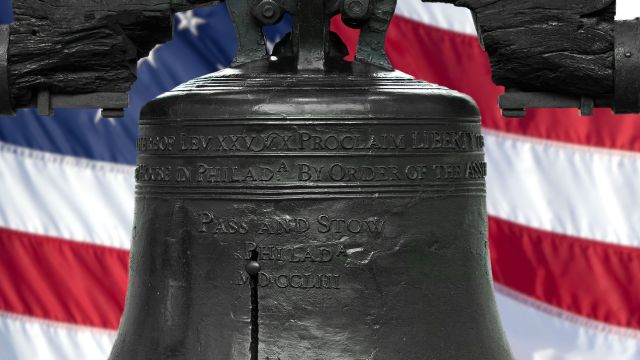Directing “Affirmative Action” to Those Who Most Need and Deserve It

Is NYT columnist Bill Keller right that it is “a blessing in disguise” for “a supporter of diversity” for the Supreme Court to restrict even further “the use of race as a factor in college admissions?”
The Court has said since Regents v. Bakke (1978) that the only reason race can be used in admission decisions is for the educational benefit of “diversity.” It can’t be used to remedy the effects of past discrimination in the pursuit of justice.
What is the biggest “diversity” issue today? Class, everyone says! Or the declining mobility for members of the bottom half of our middle class and below. The truth is “[r]acial preferences don’t help that much in promoting class diversity, because selective colleges heavily favor minorities from middle-class and affluent societies.” But an emphasis on class diversity would surely favor minorities too. After all, “blacks and Hispanics are more heavily represented among the poor.”
Not only that, “enrolling students from poor and working-class backgrounds is likely to increase ideological diversity.” As it stands now, the sophisticated and privileged kids filling up our elite universities don’t, to say the least, challenge the nearly uniform liberal or leftist or left libertarian opinions of their professors. The voices marginalized to silence in the classrooms often turn out to be, for example, those of “the deeply religious and children of military families.” And so “political discourse can be glib, predictable, and impoverished.”
The only justification allowed for affirmation action under our Constitution is to expose students to a diverse array of opinions in the classroom. Surely the opinions in the classroom, to some extent, should be representative of the opinions actually found in the country. Otherwise students too readily come to believe that “smart conservative” or “smart observant religious believer” are oxymoronic. I once was given the countercultural challenge of giving a seminar on the place of religion in a liberal education at highly elitist (and quite excellent) Pomona College. I asked the students up front about the place of religion in their lives. Nobody seemed to have one; I can’t help but guess that the student or two who did wasn’t about to speak up in such an unwelcoming environment. There was a big diversity issue there, despite the presence of many blacks, Hispanics, Asians, and so forth in the room.
So lots of Americans have thoughtful objections to the pursuit of racial diversity as an end in itself. And lots more would be, not with reason, scornful of the direct pursuit of ideological diversity. But maybe more attention to the economic status of students would be the way of indirectly and less offensively guaranteeing that racial and ideological diversity actually show up in our elite classrooms.
Now my own view is that class-based admission attentiveness need not depend on actually treating applicants as members of definite economic classes. And so it wouldn’t be affirmative action in the accepted sense of the term. The first imperative, of course, is to make the elite private education as affordable as state public education would be for those in tough economic circumstances. As far as I can tell, our most elite institutions typically can get this done, but more of our somewhat less elite and less wealthy schools need to buy into this priority.
The second imperative would be an aggressive recruiting effort, compensating for the relative cluelessness of guidance counselors and such at ordinary or worse high schools. Time and again I run into good students of modest means from rural Georgia public schools that have no idea that a fine education at a private college might well be made affordable for them. What college actually costs, after all, is pretty much confusing for everyone right now. Most private colleges have steep and seemingly rather arbitrary discount rates. Going to college is like riding an airplane; if you start to ask around, it’s clear that just about everyone on board paid a different price for the same ticket to fly. Because “buying” a college is pretty much like buying a used car right now, the sucker is the student who isn’t savvy enough about what the product—and oneself—fare really worth. There’s the scandal of unprivileged or un-savvy kids being suckered into big loans. But the bigger scandal is the unprivileged kids not knowing what opportunities might really be available to them at a cost they can actually afford.
The third imperative would be de-emphasis on standardized test scores and extracurricular activities as factors for admission. Elite students take those tests time and again and have expert coaches, and the extracurricular “resume” is often pretty a much a perk of the privileged. Students from struggling families typically have to work hard inside and outside their homes to make ends meet. Different and more accurate standards have to be developed to figure out how admirable and how promising particular applicants are.
So class-based enrollment attentiveness is really about making our meritocracy more of a genuine meritocracy—not suspending standards of merit to achieve other social goals. But because it doesn’t treat students as members of fixed and unyielding classes, it certainly still is constitutional.





